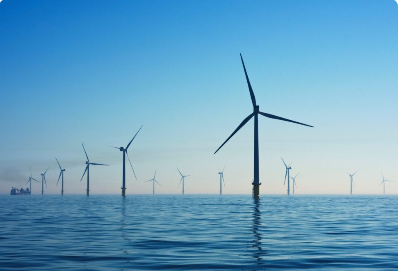
The European Union has approved the proposals for the OLAMUR project (Offshore Low-trophic Aquaculture in Multi-Use Scenario Realisation), an innovative action under Horizon Europe, in which ETT is one of the participating entities. The project, developed in response to a lighthouse call (meaning it suggests concrete and sustainable solutions for new industries) in the Baltic and North Sea basins, will be funded by the EU with a total of 8.2 million euros over four years. Its main focus will be on low-impact marine aquaculture and the versatile use of marine space.
Global food security, human health, and well-being are seriously at risk as marine resource production can no longer be sustained solely by ecosystems and natural fishing.
Numerous scientific testimonies support the potential of low-trophic aquatic foods to reduce food and nutritional insecurity in a changing climate, thereby contributing to the achievement of the United Nations Sustainable Development Goals.
The expansion of low-trophic aquaculture, driven by the need to increase seafood production, presents opportunities in untapped regions and environments. The proposal focuses on three geographically and ecologically diverse pilot locations in the Baltic and North Sea, where algae and bivalves will be hosted within an offshore wind farm.
A data-based service system will be developed to provide policymakers with informed decisions and facilitate innovative governance agreements to achieve holistic, effective, and sustainable solutions for multiple uses.
Furthermore, the project aims to develop a database system enabling broad-spectrum European-level monitoring and a dedicated data analysis service for aquaculture using existing CMEM and EMODNET methodologies.
